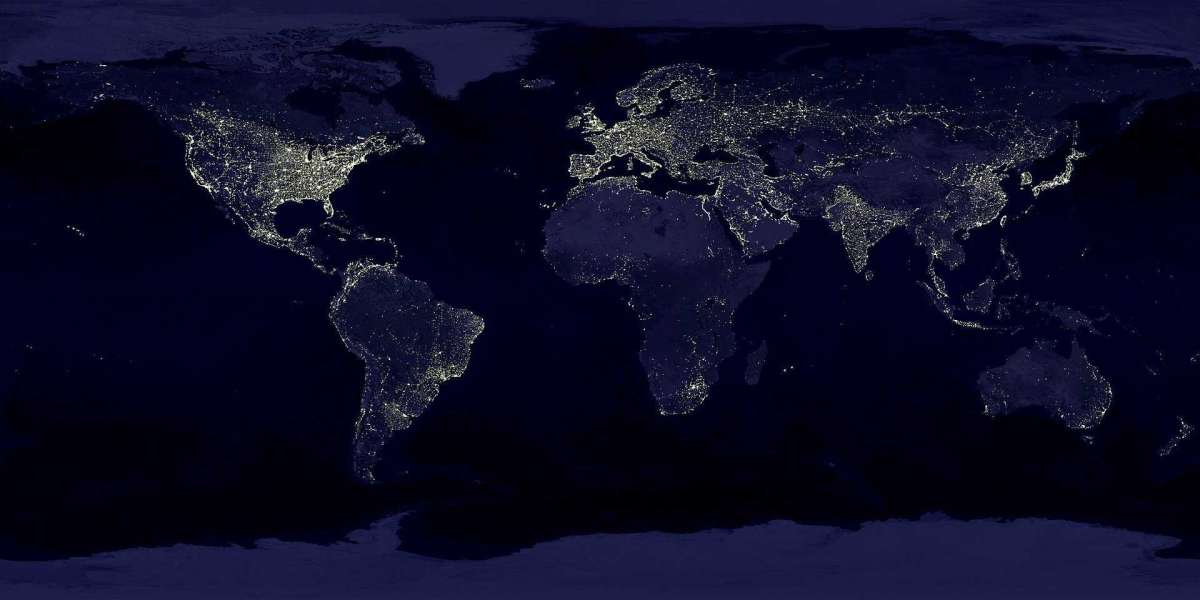An international team of academics has recently postulated the idea of a 'planetary intelligence,' which is defined as the existence of entire worlds that are capable of behaving in an intelligent manner. Most people think of intelligence as something that exists in individuals, however the phrase can also refer to a variety of groups, ranging from human social groups to insect colonies and even viral groups in their interactions with one another.
A new question is being raised by an international team of academics, who are asking if it would be possible to monitor intelligence on an even grander scale: the entire globe. Is it possible to talk about "intelligent planets"? The International Journal of Astrobiology recently released a study conducted by astronomer Adam Frank of the University of Rochester in which scientists explored the ramifications of this tantalizing issue and came to some surprising findings regarding the planet itself.
According to scientists, "an unanswered topic is whether intelligence can operate on a planetary scale or not, and if so, how could a transition from intelligence at that planetary scale occur, whether it has already occurred or not, or whether something similar is on our near-term horizon."
The answer is yes and no at the same time, which is a paradox. The study found that it would be possible to speak about an intellect that includes the entire globe, and that this would be possible. However, the Earth has not yet arrived at that point. "There is intelligence on Earth -says Frank- but there is no intelligence on the planet." Why?
Planetary intelligence goes via four stages.
A planet's evolution into technological intelligence, a point of reference in astrobiology investigations that has long been debated, should not be viewed as something that occurs 'on' a planet, but rather as something that occurs 'ontop' of the planet, according to the researchers. So the development of planetary intelligence represents the acquisition and application of a collective body of knowledge that operates through a complex system of diverse species operating at the same time in a harmonic manner that helps or maintains the entire biosphere. At that point, it's clear that neither humans nor land had arrived at all.
According to Frank and his team, however, we are well on our way to achieving this goal, and we have already completed the third of the four stages that, according to the study, would lead to the development of global intelligence. The first of these stages is the stage in which a planet, for example, the Earth, is still very primitive, with life but with a 'biosfera inmadura' that has not yet synchronized sufficiently with geophysical processes to allow different types of life to coevolve.
The second stage has already seen the development of a'mature biosphere,' and the world has already gone through it. The advent of what Frank refers to as "an immature technosphere" is the next major milestone (the third stage), and that is precisely where our world is right now, according to Frank. At this point, technology has already been produced, but it has not yet been incorporated into the physical environment in a way that is sustainable. There are tensions and imbalances that can become so severe that they can endanger one's life.
A critical moment has thus been reached, but once it has been passed, an immature technosphere will have the opportunity to develop into a fourth and final stage: a "mature technosphere," in which technological activity is perfectly synchronized with biological, chemical, and geophysical processes while acting at the same time to ensure the maximum stability of the entire system.
"Earth's atmosphere, according to Frank, "evolves through juvenile stages, and planetary intelligence emerges when you reach a mature planet." The million-dollar issue is what does planetary intelligence look like, and what does it mean for us in practice, because we are still in the early stages of learning about it and implementing it. We are unsure of how to transition to a more sophisticated technological environment."
The precipice is just around the corner.
According to the findings of the study, the Earth is now "on the verge of a precipice," because our collective activities have obvious global ramifications. However, we still do not have complete control over the effects of our actions, which is required for progressing to the next stage.
"One distinguishing characteristic of such a transition to planetary intelligence as the one detailed here, write the researchers in their publication, is that it would have the particular trait of intelligence acting on a planetary scale. It is possible that this planetary intelligence may be able to steer future evolution of the land by working in conjunction with Planetary systems and guided by a thorough grasp of such systems ".....
Is it possible that the Earth will one day become a "intelligent planet"? In the meantime, all we can do is "look outside" to see if any other worlds have previously accomplished this feat.



